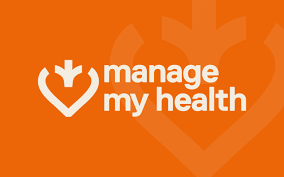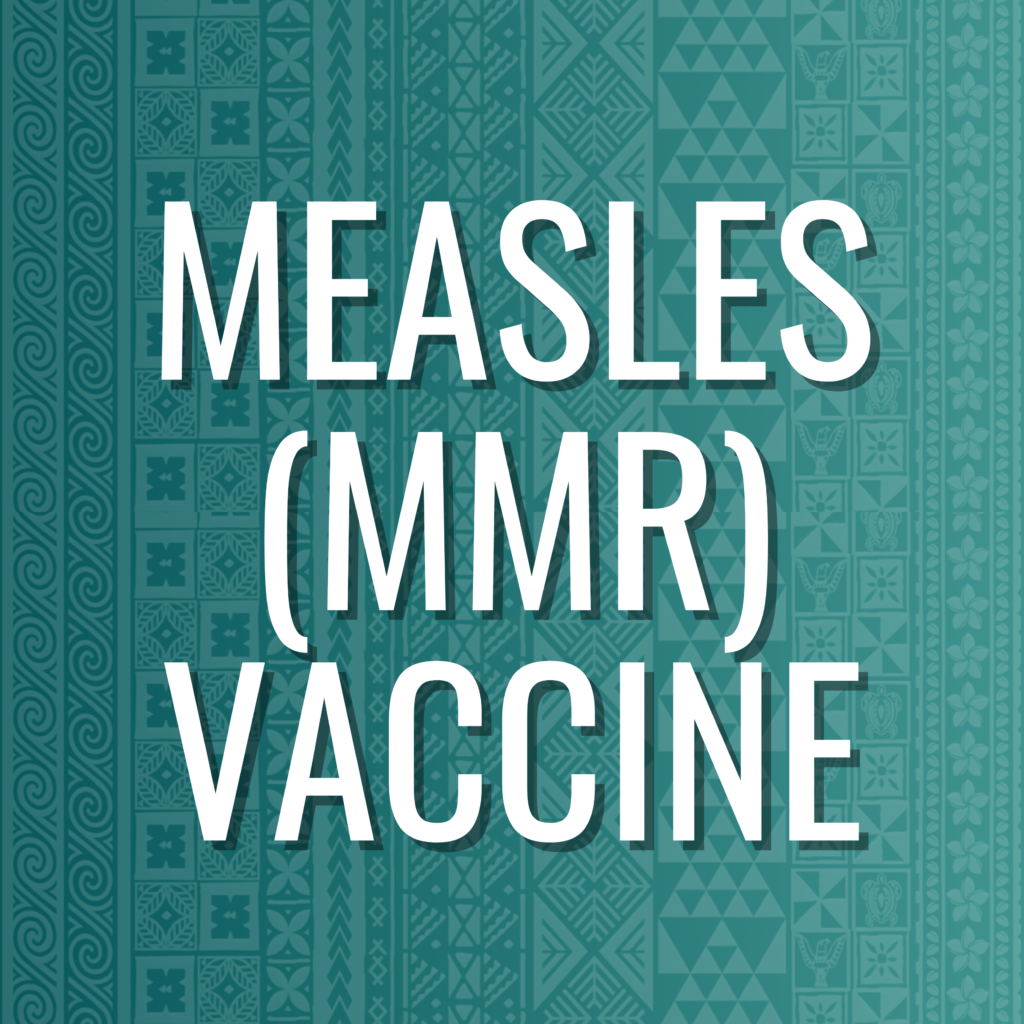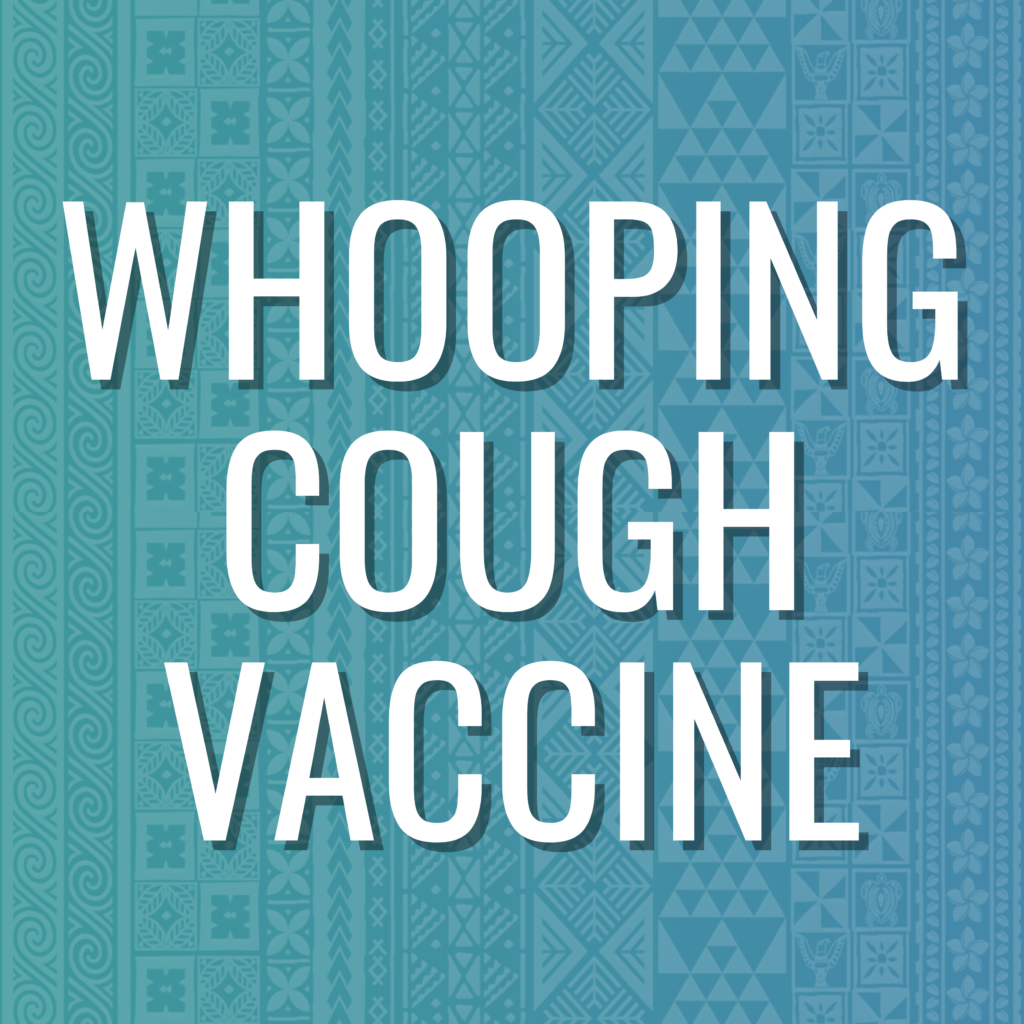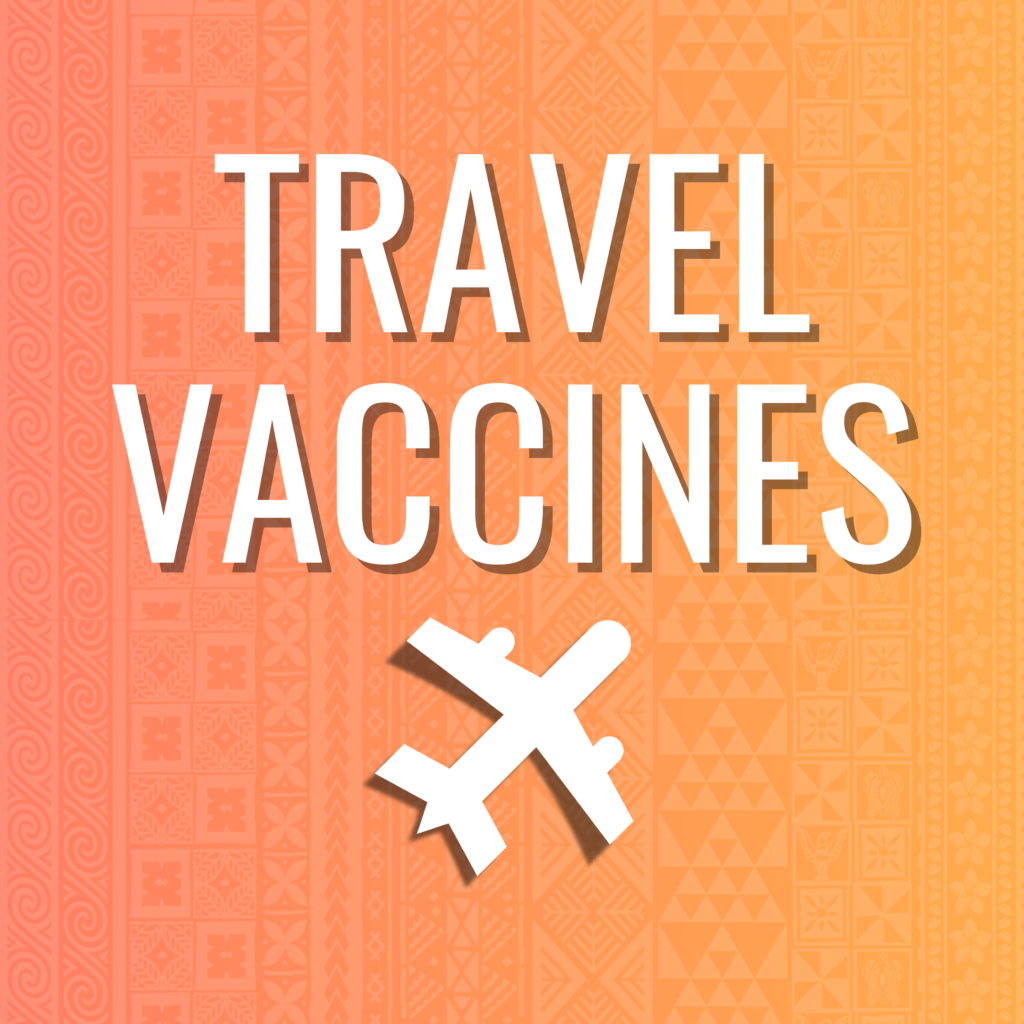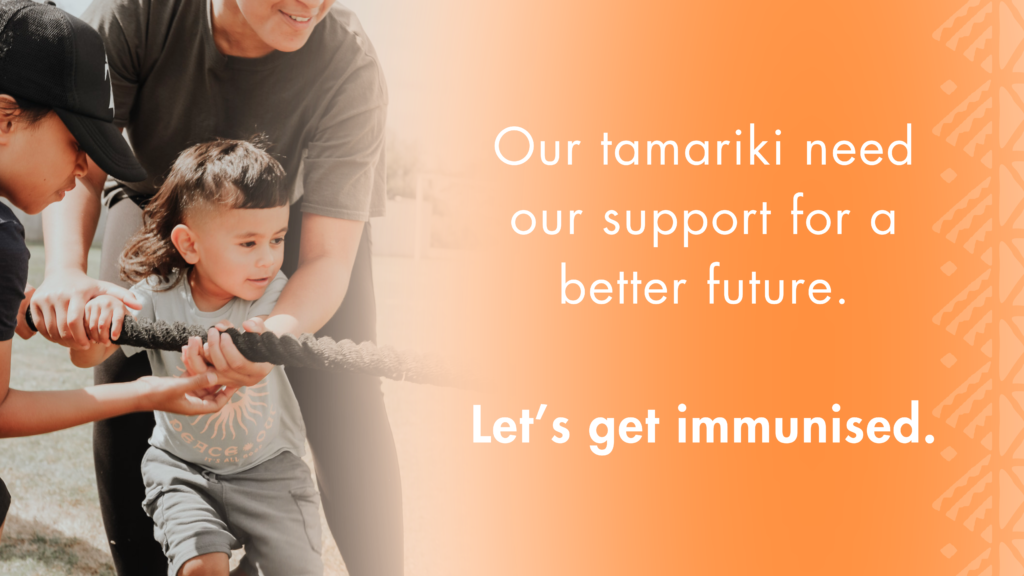

The answer is straightforward: to safeguard yourself and those around you from serious and preventable diseases.
- Immunisation protects our community from serious diseases.
- Herd immunity happens when enough people in a community are immune to a disease, decreasing the chances of it spreading. This is achieved through immunisation, and protects everyone, including those who can’t be vaccinated.
- Administering immunisations on schedule is the most effective method to shield expecting mothers, infants, children, and immunocompromised from preventable illnesses, that their bodies are too vulnerable to fight off.
- Less time taken off work and school as immunisation protects your whānau from getting seriously sick or hospitalised as a result of these preventable diseases.

Immunisation not only shields you, but also safeguards those most susceptible to disease. This includes our pēpi who are too young for vaccination, expecting mothers, or people with compromised immune systems. These people and children depend on the immunisation status of those around them for protection.
Right now, there are still diseases within our community that can cause serious illness for those who are unvaccinated, including: measles, whooping cough, and mumps.
If you’re unsure whether your child has received these vaccines, contact your healthcare provider, or visit here for more information on the immunisation schedule.
Book your vaccination with our nurse, or use our contact form to check with our team if you or your child are overdue for any immunisations.
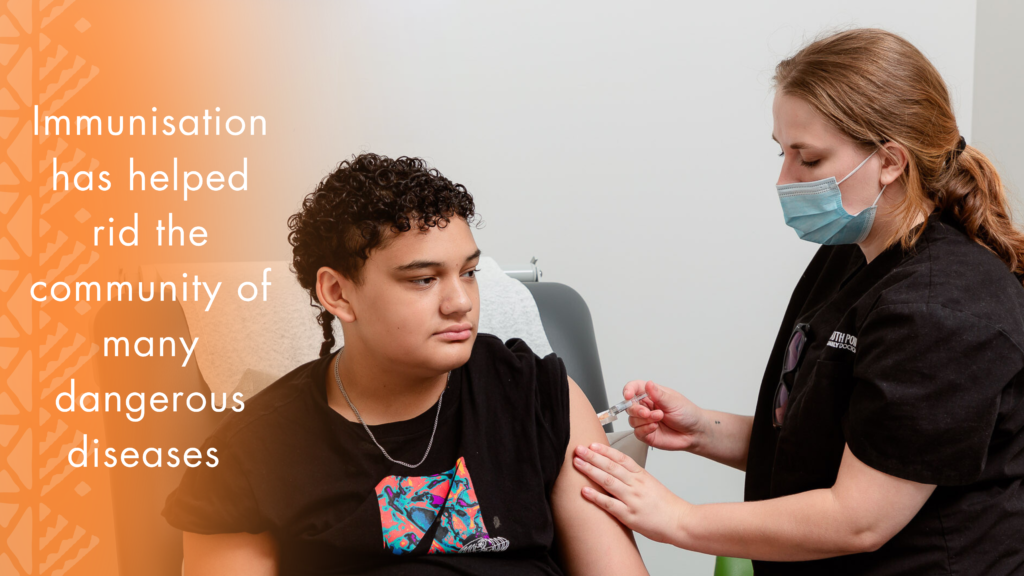

Immunisation has helped to get rid of some very dangerous diseases that used to affect children in New Zealand.
Disease used to run rampant within the community before vaccines were developed to protect against them. As a result, many children and adults died or developed long-term disabilities.
- Tetanus is now very rare, although it can still happen in children who haven’t had their shots.
- New Zealand no longer has polio due to herd immunity after the vaccine started to be administered. From 1910 – 1950, hundreds of kiwi children died from polio. Since the vaccine was introduced in the 60s, there have been fewer than 10 cases.
However, these diseases are still present in other countries, which is why we must remain vigilant and immunise.

Manukau 2023

Manukau 2023.
Keep an eye on our Facebook page for any announcements about upcoming vaccination events. We know the weekdays can be a bit hectic, so having these events in our community can provide a more convenient and accessible option to get your whānau immunised.

Myth: It is safer to gain natural immunity from contracting the disease than gaining immunity from vaccines.
Fact: While natural immunity is effective, it comes with risk of severe complications that the disease can cause, especially for those with weakened immune systems. Vaccines provide immunity without the severe consequences of the disease itself.
Myth: Vaccines cause autism.
Fact: This theory has been debunked by numerous scientific studies.
Myth: Vaccines contain harmful toxins that can cause long-term health problems.
Fact: Vaccines undergo rigorous testing in clinical trials involving thousands of participants before being approved for public use.
Myth: Vaccines alter your DNA.
Fact: Vaccines work by stimulating the immune system to produce an immune response to a specific pathogen. They do not interact with or change a person’s DNA.
Myth: Vaccines can cause the diseases they are designed to prevent.
Fact: In reality, vaccines do not contain live viruses in sufficient amounts to cause the disease. Instead, they prompt the immune system to produce antibodies, providing protection against future infections.
Myth: Vaccines are not necessary because diseases like measles and mumps were disappearing before vaccines were introduced.
Fact: Vaccines have contributed to the eradication of diseases like smallpox and the near-elimination of others like polio. The decline in these diseases is largely attributed to the widespread use of vaccines, not natural trends.

